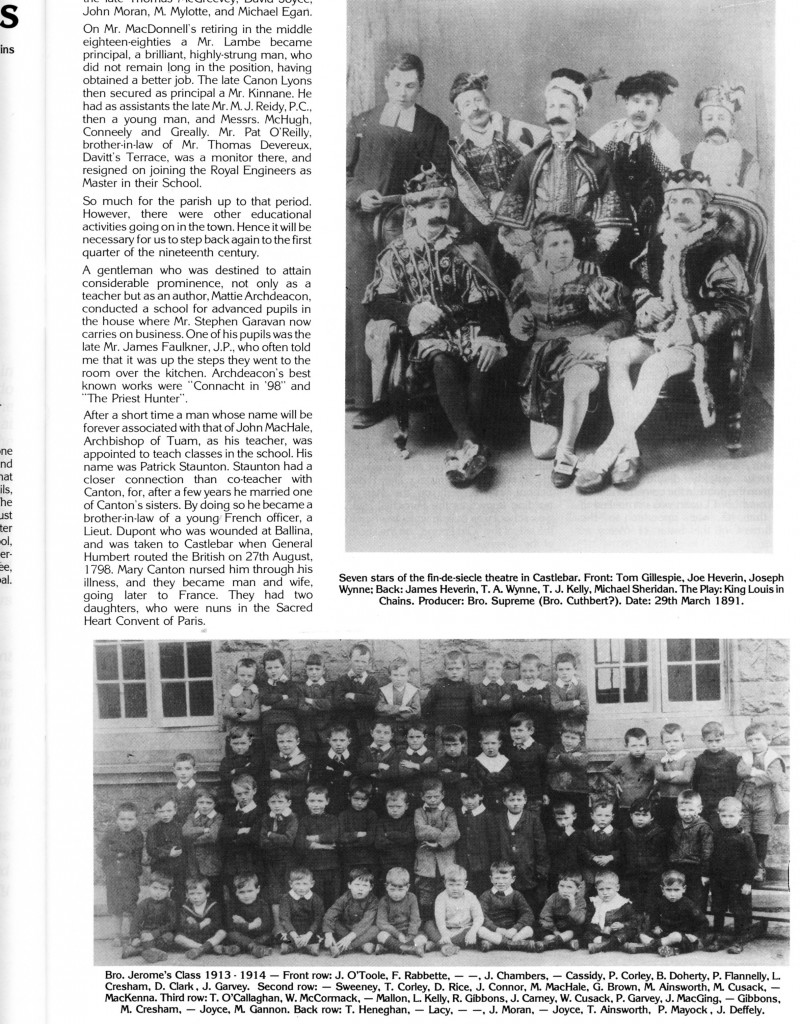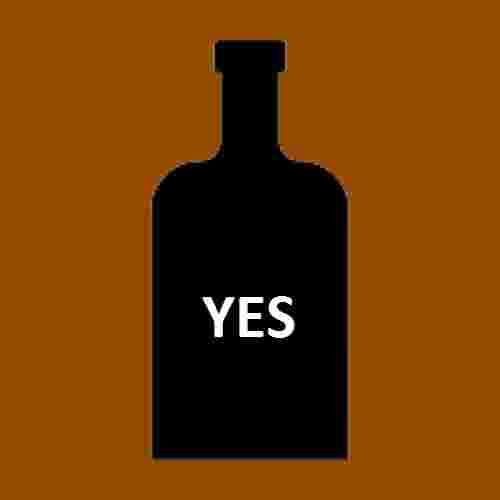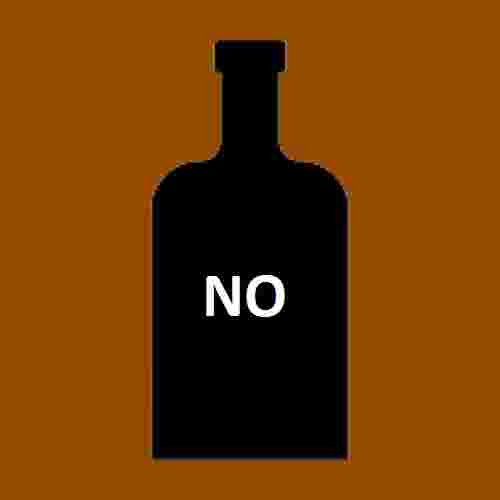
Irish Education Circa-1850
During the first quarter of the Nineteenth Century, and perhaps for its first half, Hedge schools would have been very common and predominant for Catholic children, although these appear to have been on the decline from the 1830s with the foundation of the National School system by the government at that time. Perhaps surprisingly, the hierarchy of the Catholic Church was supportive of this move, at least initially.
Hedge schools were so named as a reflection of their rural nature. Their classes tended to take place outdoors, such as next to a hedgerow, but were sometimes held in houses or barns. Subjects included primarily basic Irish language grammar, English and maths (the fundamental “three Rs”). In some schools, the Irish bardic tradition, Latin, history and home economics were also taught. Reading was generally based on chapbooks, sold at fairs, typically with exciting stories of well-known adventurers and outlaws. The payment was generally made per subject, and brighter pupils would often compete locally with their teachers.
Although Catholic schools were forbidden under the Penal laws between 1723 and 1782, no hedge teachers were known to have been prosecuted. Indeed, official records were made of hedge schools by census makers. The laws’ main target was education by the main Catholic religious orders, whose wealthier establishments were occasionally confiscated. The laws aimed to force Irish Catholics of the middle classes and gentry to convert to Anglicanism if they wanted a good education in Ireland.
From the 1830s, education came under the control of the Commissioners for National Education in Dublin. However, schools were under the day-to-day control of local managers associated with the local estates (with the majority of rural inhabitants living on estates as tenants). Some landlords encouraged the establishment of schools, while others would not have been as enlightened. These local managers were appointed by the school’s patron.


